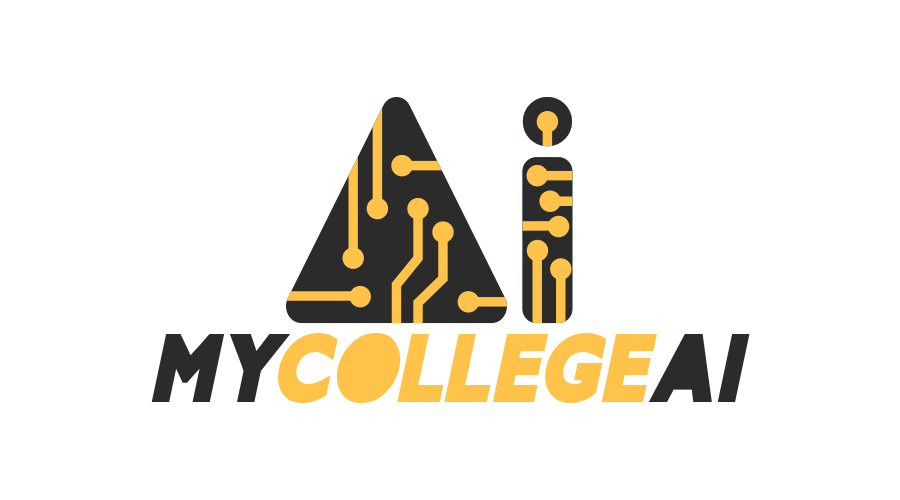The overall process of writing a CIPD assignment and resume is both arduous and time-consuming. This is why several people prefer hiring a professional writer who can accomplish this complex writing in the best way possible. Applying theoretical knowledge to real-world human resources situations is critical to any CIPD qualification. Students are expected to complete assignments that enable them to bridge the gap between HR concepts and hands-on practice. Regarding resume writing, employers and recruiters can read your profile and get a sense of your brand, who you are, and what makes you different. Getting a job these days is hard, so you need a resume that makes you stand out. Ultimately, the main goal of a well-written, carefully targeted resume is to get you an interview. In this article, let us delve deeper into the definition of CIPD assignment and resume.
What is a CIPD?
The Chartered Institute of Personnel and Development, or CIPD, is a professional organization in the UK that works with human resources. It has centers and members all over the world. The CIPD works with employers and government agencies to make the workplace more professional. They conduct extensive research on HR and learning and development issues. It also gives CIPD qualifications for different types of jobs and levels of best practices in human resources. It does this by providing useful training for HR workers at all levels of their careers. Upon completion of any CIPD qualification, the CIPD gives membership for ongoing mentorship based on the type of qualification earned. Below are the different types of CIPD Assignment Levels:
- CIPD Level 3: The first CIPD training level that aims to give a realistic introduction to both Human Resource (HR) and Learning and Development (L&D) practice is the CIPD Level 3 qualification. This level is right for you if you work as an HR or L&D supervisor or want to enter this field. We can also help you with your CIPD Level 3 assignments as you go through this course.
- CIPD Level 5: Participants in the CIPD Level 5 program already have experience in HR and L&D and want to move up in their careers. You can also take this CIPD study if you have a degree but need work experience in the field. Writers who offer CIPD Assignment Writing in Dubai help can help you learn more about how your company’s human resources or learning and development departments function.
- CIPD Level 7: The CIPD Level 7 Advanced Diplomas is their top level, the same as graduate school. This level is meant to give students the skills they need to develop and apply new and strategic ways to help an organization grow and do better as HR or L&D professionals.
What is a Resume?
A resume is a formal document that job applicants use to list their skills and experiences that make them qualified for a job. A customized cover letter is usually sent with a resume. In it, the candidate shows interest in a certain job or company and draws attention to the most important information on the resume. According to experts from Resume Writing in Dubai, there are different forms for resumes, and each has its pros and cons. Your resume format should be based on your skills, work experience, and the job you are applying for. Let’s take a closer look at each format.
- Chronological Resume: Another name for this type of resume is “reverse chronological.” It is the most common and traditional style. It is set up in reverse chronological order, which means that your education and work experience are mentioned from most recent to least recent.
- Functional Resume: If you want a job, a functional resume shows off your skills and abilities instead of your schooling or work experience. This kind of resume is good for people who want to change jobs, have gaps in their work history, or don’t have much experience.
- Combination Resume: There is a type of resume called a combination resume, also called a hybrid resume. It has parts of both chronological and functional resumes. This type of resume is great for people who want to show off their skills and successes while giving a thorough history of their jobs.
- Targeted Resume: When you make a targeted resume, you make it, especially for a certain job or role. Its main goal is to show off the skills and experiences of the applicant that are most important to the job. This kind of resume works really well because it focuses on what the company wants and needs, which makes the candidate stand out from other applicants.

